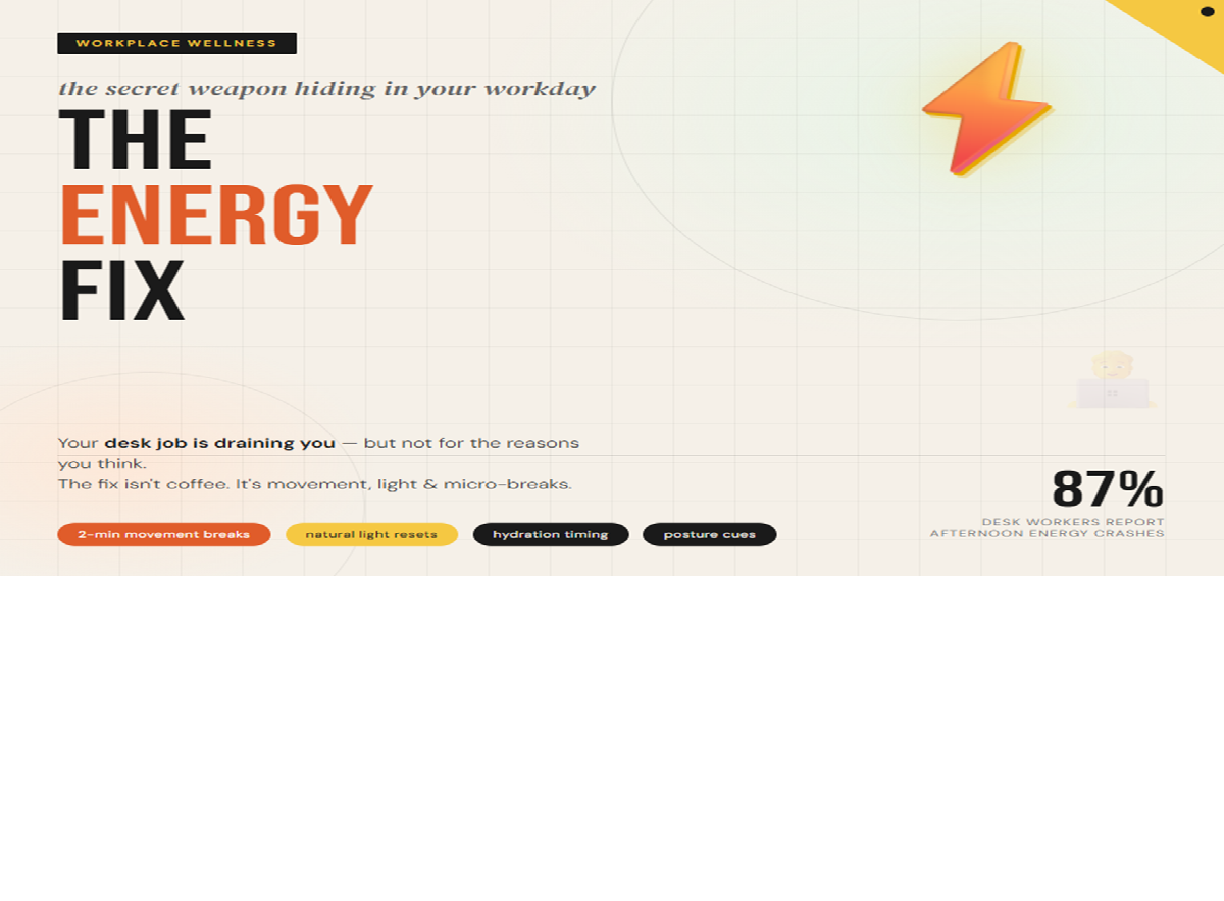Results from the UK Biobank study, one of the largest cohorts of middle-aged adults to provide data for HbA1c across the glycemic spectrum as well as measures of cognitive function, neuroimaging, and dementia, were recently published in the journal Diabetes, Obesity & Metabolism. The authors report that both prediabetes and diabetes were associated with an increase in risk for vascular dementia and cognitive decline, while diabetes was also associated with an increase in risk for all-cause and Alzheimer’s dementias. This study adds to the growing body of research pointing to diabetes as only one part of a spectrum rather than a distinct disease, as well as the importance of addressing any impairments in glucose regulation as early as possible.
The nearly 500,000 participants in this study were categorized in one of the following five groups: low HbA1c (mean 5.1), normoglycemic (mean 5.6), prediabetes (mean 6.2), known diabetes (mean 7.0), or unknown (?) diabetes (mean 7.5). Prediabetes was associated with a 54% increased (adjusted) risk for vascular dementia, while diabetes carried a nearly 3-fold higher risk. Prediabetes and diabetes had a similar increase in risk for cognitive decline (42% and 39%, respectively), while diabetes had a nearly 2-fold higher risk for both all-cause and Alzheimer’s dementias. (DSR: I think these stats are going to lose the audience. They sound important but are not easy to grasp, maybe partly because there are not apples-to-apples comparisons. Also, on the cognitive decline there is no explanation as to why prediabetes appears worse than diabetes.)
Antihypertensive medication use appeared to be associated with the excess risk found between prediabetes and vascular dementia. The authors suggest rather than an adverse effect of medication, this is more likely an indicator of hypertension that had been untreated for far too long, again emphasizing the importance of optimizing both blood pressure and glucose/insulin regulation early, rather than waiting for the overt disease to progress.
There also was an apparent benefit in the low HbA1c group; individuals in this group had greater hippocampal volume and lower white matter hyperintensity (WMH) volume compared with normoglycemic individuals. Hippocampal atrophy is a consequence of hyperglycemia linked to cognitive decline and memory loss, while WMH volume is a tentative (DSR: tentative?) indicator of neurological decline. In sharp contrast, hippocampal volume declined approximately 80mm3 among diabetics compared to those with normoglycemia, in contrast to the 12mm3 increase found among those in the low HbA1c group.
An additional, but equally disturbing finding from the same cohort (study sample) showed a nearly 2-fold increase in cardiovascular disease risk among prediabetics (in a separate analysis of this same cohort), the advantage to achieving healthy glucose control sooner than later could not be clearer.
Please review our business at: Google Yelp Facebook
If you’d like to learn more, please visit our Member’s Area to access our subscribed content.
Did you know you can work out and exercise with a trainer at your home, office, hotel room, or anywhere in the world with online personal training?
Like us on Facebook/Connect with us on LinkedIn/Follow us on Twitter
Make sure to forward this to friends and followers!






